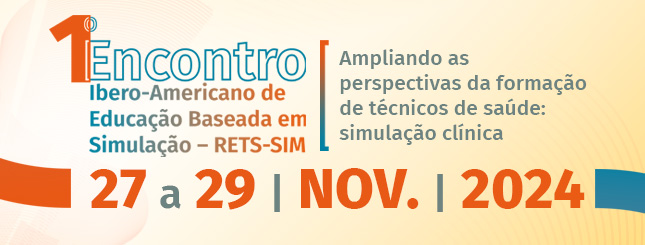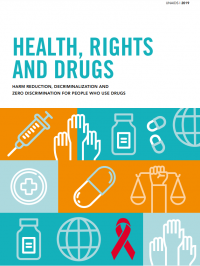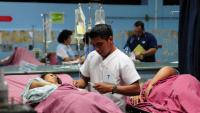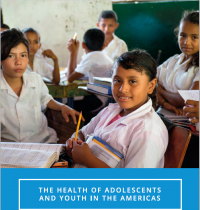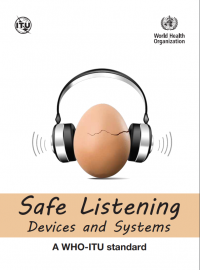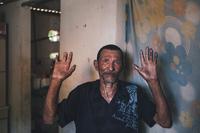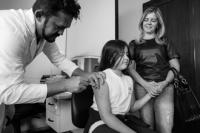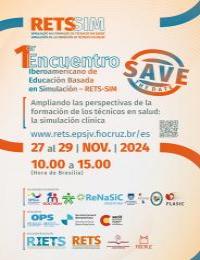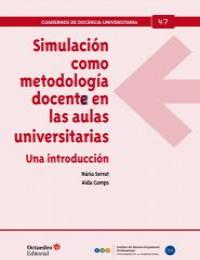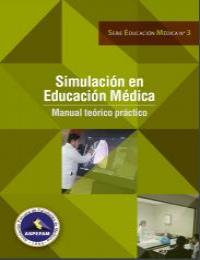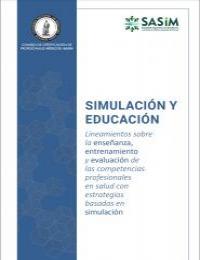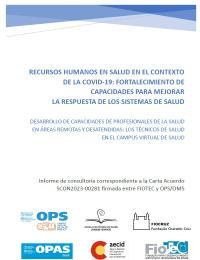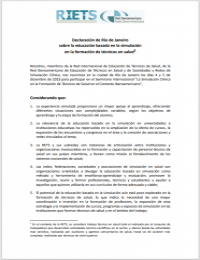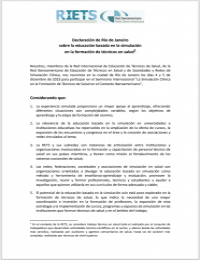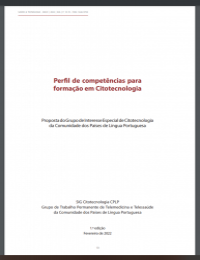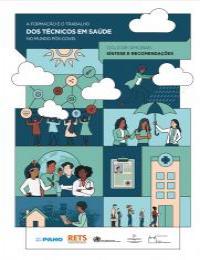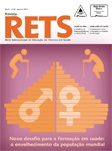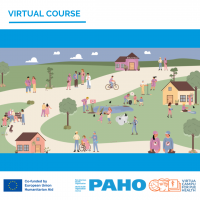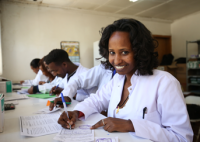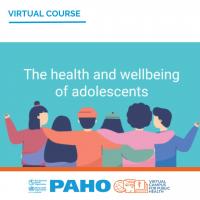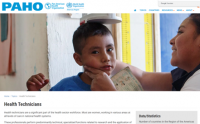To strengthen the strategic planning and response of Risk Communication and Community Engagement (RCCE) for dengue fever health emergencies among communication, health promotion, social and community mobilization teams, as well as other technical areas within health authorities and sector entities involved in dengue response. Learn more!
-
03/18/2019 - A report released on March 13 by UNAIDS shows that the incidence of the virus shows signs that is growing among people who inject drugs (1.2% in 2011 to 1.4% in 2017). This trend is against the global decline in new HIV infections in the general population, of around 25% between 2010 and 2017. The report also shows that 99% of people who inject drugs live in countries that do not offer adequate coverage of harm reduction services.
-
03/15/2019 - The Pan American Health Organization (PAHO) is providing professionals responsible for capturing accurate data on mortality and morbidity in Latin America and the Caribbean with better training and support. This initiative forms part of efforts to improve the quality, timeliness and consistency of information on which so many public health decisions are based.
-
03/07/2019 - While mental illness is responsible for more than a third of total disability in the Americas, current spending is far below that required to address its public health burden, highlights a new report from the Pan American Health Organization (PAHO). PAHO is urging countries to increase mental health budgets and allocate spending towards more proven, cost-effective interventions.
-
03/07/2019 - The report, “The Health of Adolescents and Youth in the Americas: Implementation of the Regional Strategy and Plan of Action on Adolescent and Youth Health 2010-2018,” presents and analyzes the latest available data related to the health of young people from 48 countries and territories in the Americas. It includes information on what they die from, what illnesses they suffer from, their sexual and reproductive health, substance use, nutrition and levels of physical activity.
-
02/15/2019 - The Americas region is home to more than one billion people. Every year, 15 million babies are born, and nearly 7 million people die. Life expectancy is 80.2 years for women and 74.6 for men. More than 8 in 10 people live in urban areas. These are some of the key statistics presented in the new “2018 Basic Indicators,” just published by the Pan American Health Organization (PAHO).
-
02/13/2019 - Each year, food contaminated with bacteria, viruses, parasites, toxins or chemicals cause more than 600 million people to fall ill, and 420,000 to die worldwide, prompting a call from world leaders on Tuesday for greater international cooperation to make the food chain safer.
-
02/13/2019 - More than one billion 12 to 35-year-olds, risk irreversible hearing loss from exposure to loud sounds such as music played on their smartphone, UN health experts said on Tuesday, unveiling new guidelines to help address the problem. The recommendations to prevent noise-induced hearing loss and related conditions such as tinnitus – commonly experienced as a ringing sound inside the ear - include better functions on personal audio devices that monitor how loud, and for how long, people listen to music.
-
02/06/2019 - While cases of leprosy have fallen in the Region of the Americas, by 30% over the past 20 years, discrimination, stigma and prejudice surrounding the disease continue to hamper efforts to further stop its transmission. For this year’s World Leprosy Day, held on 27 January, the Pan American Health Organization (PAHO) called on countries to increase efforts to address stigma and discrimination in order to put an end to this easily curable disease.
-
02/05/2019 - Each year, approximately 72,000 women in the Americas are diagnosed with cervical cancer and more than 34,000 women die from this disease. HPV testing for women to detect precancerous lesions, followed by timely treatment, and together with HPV vaccination for girls are key strategies to prevent cervical cancer and save lives.
-
01/25/2019 - The World Health Organization, WHO, with the Pan American Health Organization, Opas, warns that the gap in the treatment of epilepsy in the region of the Americas and the Caribbean is over 50%. The objective of the study on one of the most common neurological disorders in the world is precisely to help these countries in the diagnosis and health care of the population. For this reason, Opas launched the document "The Management of Epilepsy in the Public Health Sector 2018".

